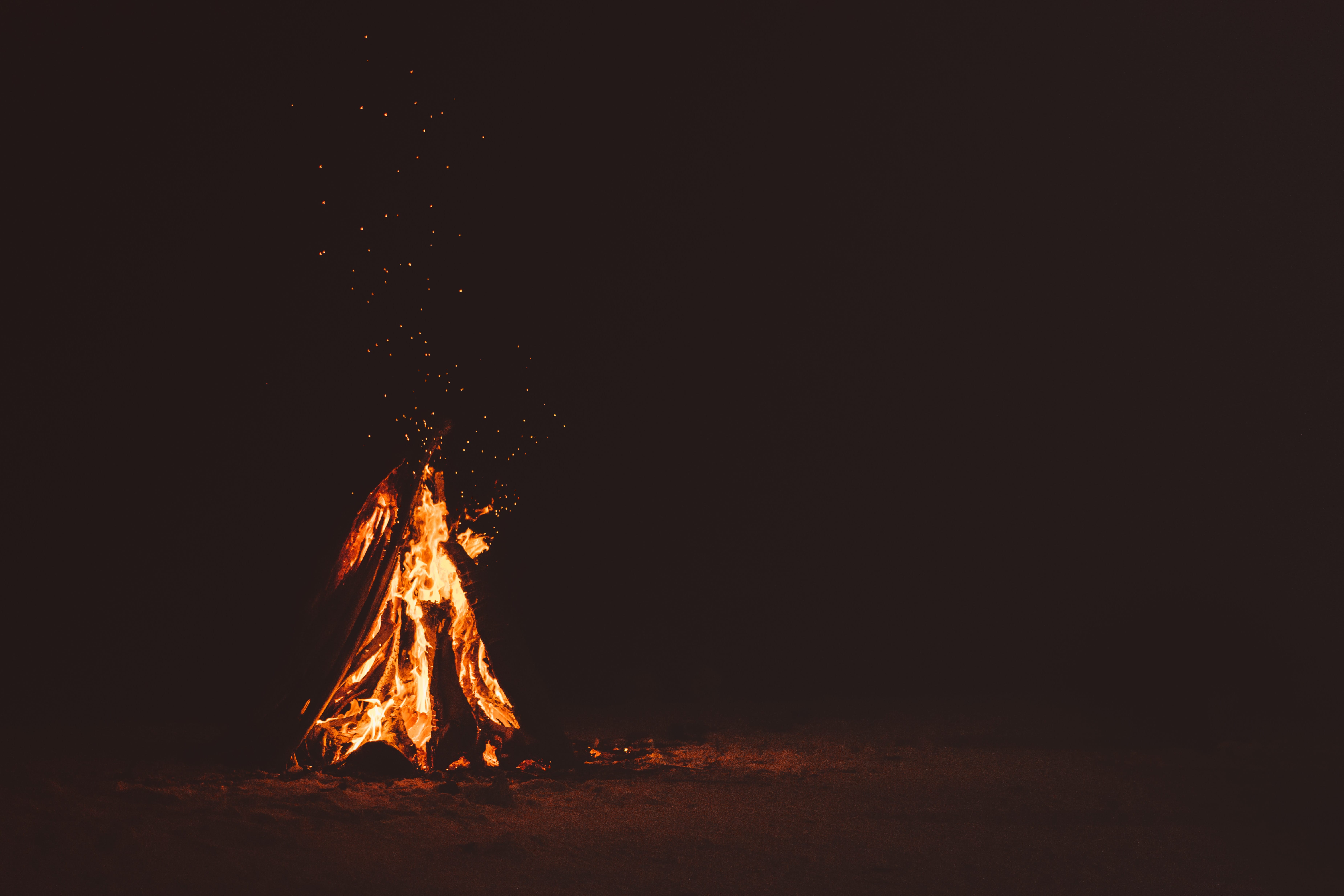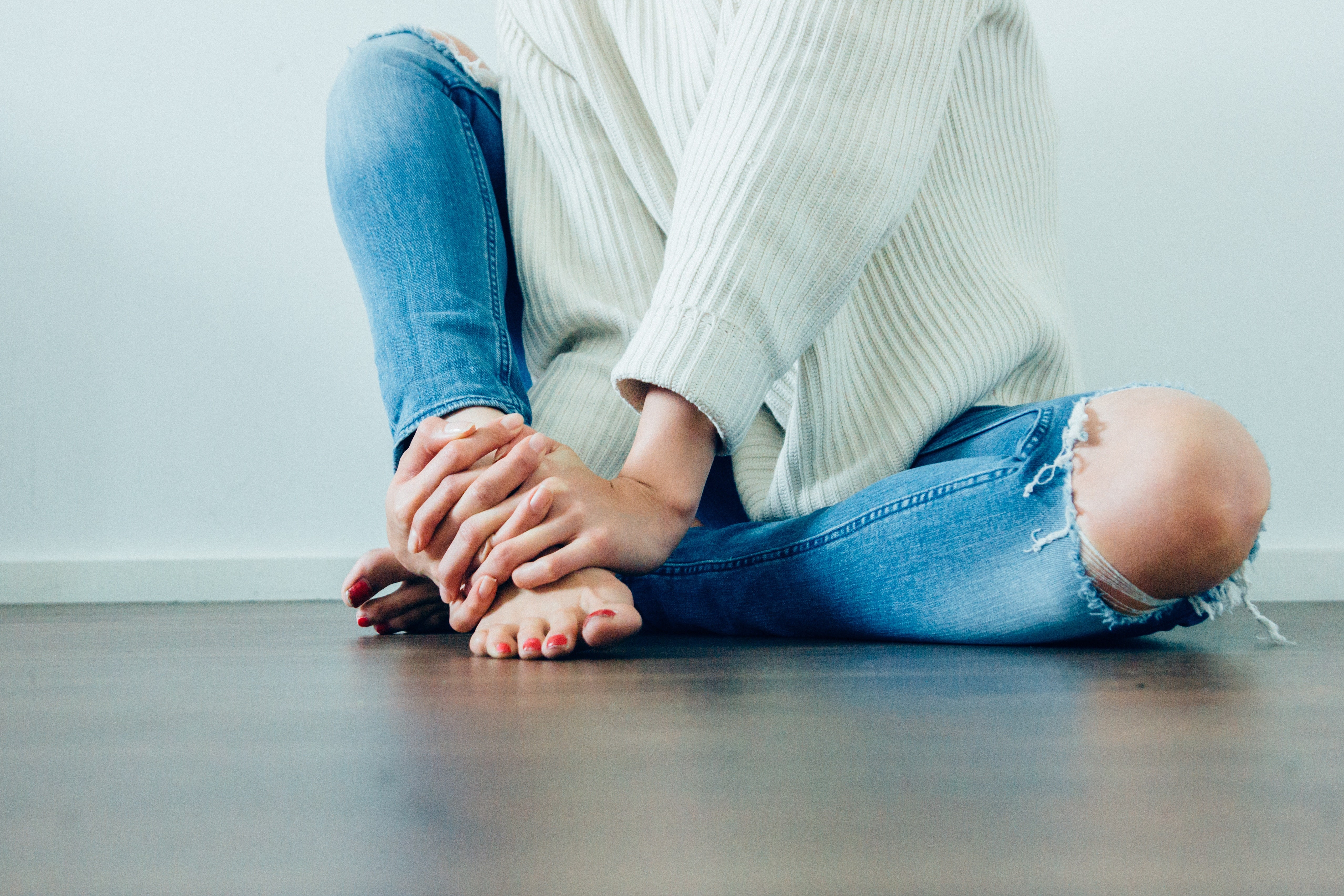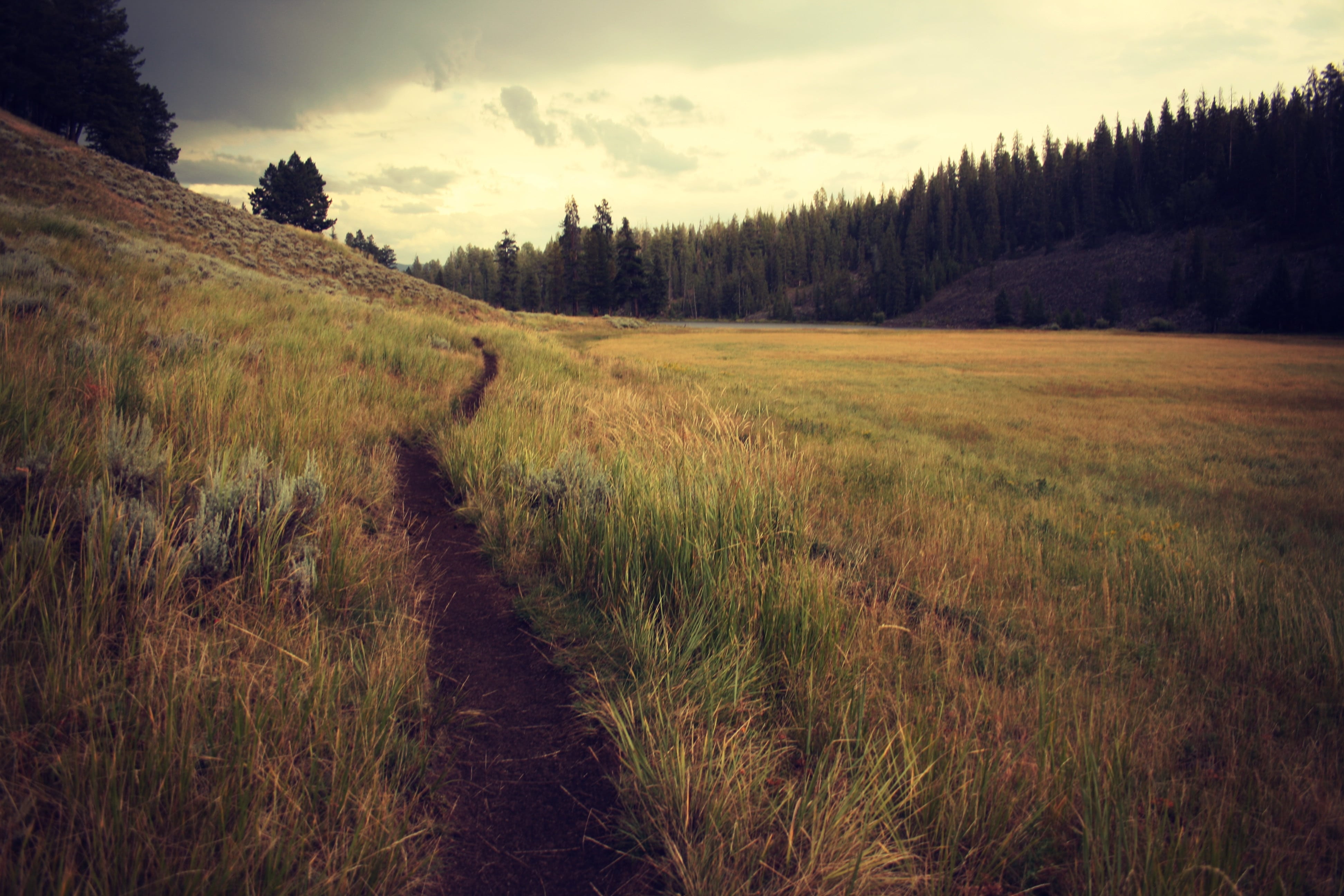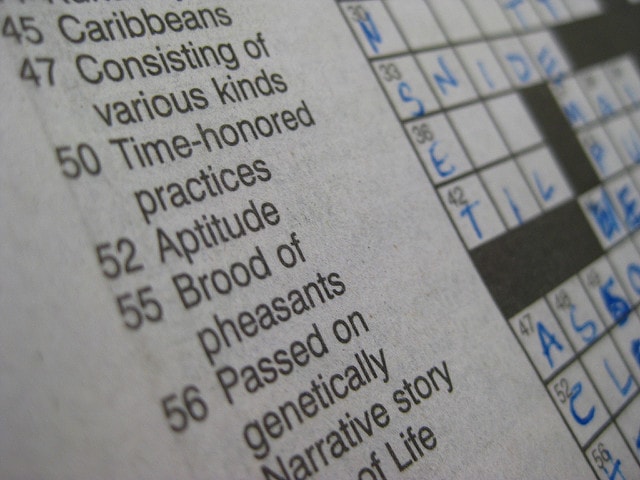
The only place with fewer radio-genre choices than rural South Carolina is rural South Carolina on Sunday. We idly flip through the stations on our way home from camping, and land for a minute on a sermon about church. The world’s temptations are many, says the pastor, so we gather every Sunday for a TREATMENT! I think when he says “treatment,” he means “a sermon like this one.” I think I’ve gotten a better treatment in the woods.
For a long time I couldn’t convince myself to go to church. My church had hurt me, and I couldn’t bear to try and fit into another one. Why should I? On Sunday mornings I could pray on a walk or in a coffee shop; learn about the Bible from books; and play worship music on my own. And as far as “Christian community” went, well, the community I thought I’d belonged to had certainly not shown me Christ, there at the end. I already had Christian communities down the street and around the country, people who loved me, cared for me, and held me accountable. I was not about to seek out another formalized group of hypocrites just because the hypocrites told me I should.
When I did haul myself into a service, it was always for one clear and simple reason: I can’t feed myself Communion.
Sure, I could gather my own friends for a meal and call it that. I could declare to myself any old time that God is near, and I would be right. But sometimes I needed more; I needed to confess my sins and hear another voice assure me of God’s grace. I needed someone else to offer me bread, to take and eat this funny snack at the climax of this solemn ritual. And I needed to share it with people I hadn’t chosen—some who seemed kind, some who confused me, some who were hypocrites. Without the ancient words and the physical food and the motley gathering, I would slowly forget what I believe: Christ has died, Christ is risen, Christ will come again. I would lose the thread of wonder and mystery that winds through all the most mundane bits of life—like rough hands, rote words, and hunks of store-bought bread.
There’s something about sharing that bread with people you don’t necessarily know or like. It’s a tangible admission that you need the boring priest, the self-righteous professional, the disabled young man, the giggling children, the person who’s going to beg from you after the service, and even the 5th century theologian whose words made you so mad this week—you don’t get to belong to the body of Christ, but not to them.
Yesterday was the 500th anniversary of the Reformation, when Martin Luther broke from the Church he’d pledged his life to, unwilling to help it place heavy burdens on the weary any longer. Today is All Saints’ Day, when we celebrate all the children of the Kingdom of God, famous or not, from Saint John the Baptist to Great-Grandma Jane. Yesterday a great schism; today, anticipation of God’s great ingathering.
I feel thrown back to that (very recent) time when I stood between the church that had wounded me and the Church I knew I needed. When I, like Martin Luther, found it intolerable to be in the church, and intolerable to stay out of it. When I stole snatches of grace from all the Communion tables around town, too spooked to imagine actually sitting down to the feast with any one congregation. When I told God a lone-wolf faith was gonna have to do for a while, but still slunk around the edges of village firelights, wondering if I’d ever find one where I belonged.
For a few years, I guess, I lived in the space where today’s fractured church dwells—and where so many souls wander on their own: between a huge, traumatic rift, and a beautiful, impossible hope. Between the intolerable wrongs of the past and the promised great gathering of the future. I longed for healing, but I could hardly believe it really existed.
There were times when the church was not there, but God remained with me. And then there were times when God sent me to beg from the church. Those times, the church bore God to me on golden dishes or in wicker baskets, with kind eyes or with uninterested recitations, and I received with gratitude, because I had nowhere else to go. From all the people who cared enough to show up and serve, all the people I thought I was better than, and all the people I couldn’t risk loving, I received enough bread and wine for another few days.
It’s fine to have a community that shares your interests and activities, your stage of life, or your beliefs about the world. But that’s not the body of Christ. The body of Christ is a gathering of beggars, of the finite, the silly, the oblivious undeserving, invited to take all we need and much more. The body of Christ is an unimpressive group of too-old trick-or-treaters who end up somehow at a Hogwarts feast. The body of Christ is a lot of awful, hurtful screwups, muddling about together and trying very hard, finding clues along the way that it is not all in vain—that we are loved beyond measure even so.
When the clues seem like they’ve all evaporated, you’re always invited back to that simplest, most insistent one: the bread and wine, the body of Christ. Even in the back seat, fidgety and judgmental, or petrified, or wrong, even when you can hardly look anyone in the eye—you’re allowed to tag along, to taste and see, to take and eat, to let Jesus sustain your body though nothing else sustains your soul; you’re allowed to take your place with all the saints.


 God prefers bad marriages to Sexual Sin; or at least that’s what I thought for twenty years.
God prefers bad marriages to Sexual Sin; or at least that’s what I thought for twenty years. The sex and shame series begins
The sex and shame series begins 

